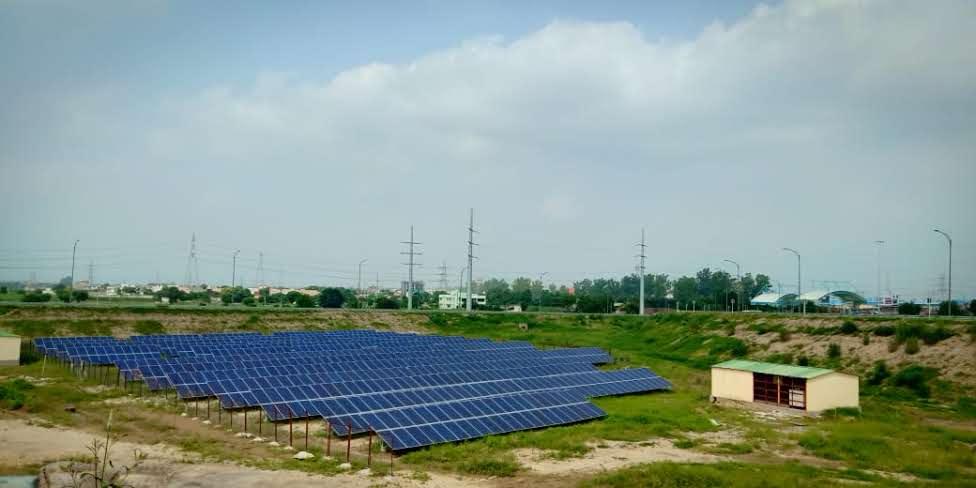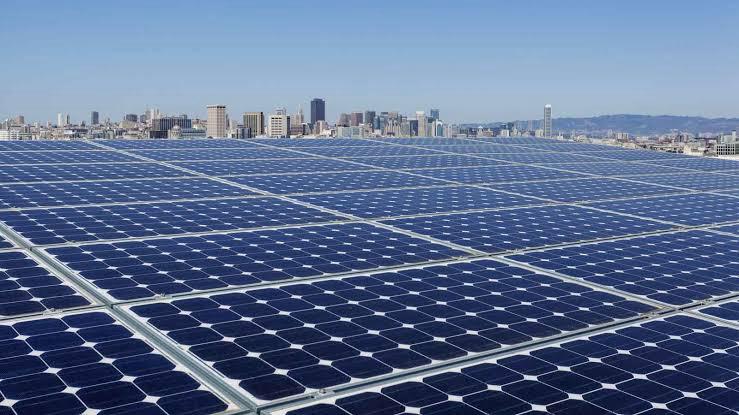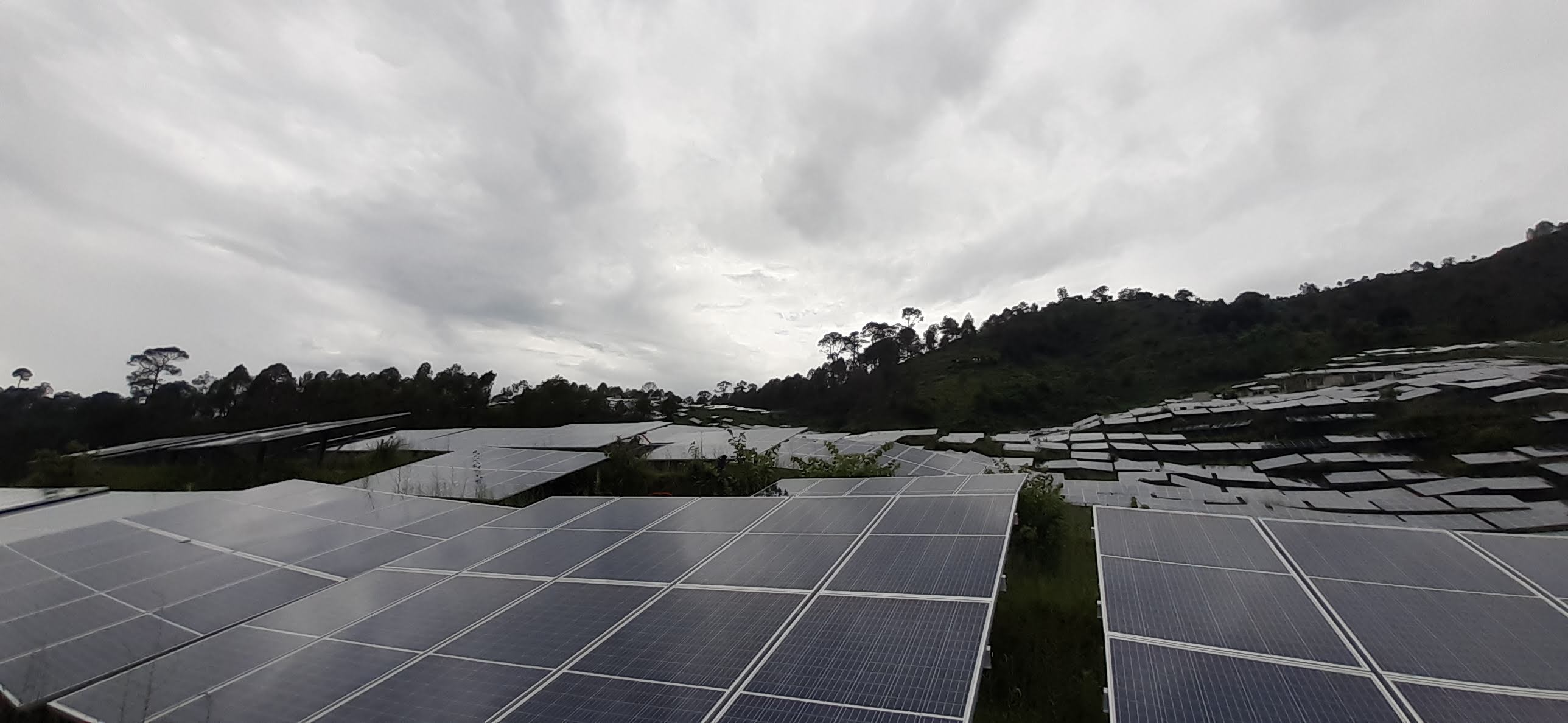With rising electricity bills and increasing awareness about climate change, more and more Indians are turning to solar energy. The good news? In 2025, the Government of India continues to support this green transition through attractive subsidies and tax benefits, making solar power more affordable than ever.
Why Go Solar in 2025?
India has immense potential for solar power. With over 300 sunny days in a year, solar panels can generate a significant amount of electricity for homes, businesses, and farms. Switching to solar not only helps reduce dependence on traditional electricity sources but also brings down electricity bills and carbon footprint.
Central Government Subsidies
Under the Rooftop Solar Programme Phase II, the Ministry of New and Renewable Energy (MNRE) is offering up to 40% subsidy on the cost of solar panel systems for residential homes. The subsidy is usually available for systems up to 3 kW. For systems between 3 kW to 10 kW, a slightly lower percentage applies.
The subsidy is directly transferred to the consumer's bank account under the DBT (Direct Benefit Transfer) system after the installation and inspection. This ensures transparency and eliminates middlemen.
State-Specific Incentives
Apart from central schemes, many Indian states provide additional subsidies or incentives for solar panel installations. For example:
- Delhi offers extra rebates through local DISCOMs.
- Maharashtra provides benefits for farmers who use solar pumps.
- Tamil Nadu encourages group housing societies to adopt solar with bulk installation support.
So, it’s always good to check with your local electricity board or renewable energy department for updated state-level incentives.
Tax Benefits for Solar Investments
Individuals and businesses can also enjoy income tax benefits under the Income Tax Act:
- Section 80-IA: Applicable to businesses setting up solar power plants for commercial use. This allows for tax deductions on profits from such projects for a period of 10 years.
- Depreciation Benefits: Businesses can claim accelerated depreciation on solar equipment — up to 40% per year. This helps in recovering investment faster.
GST Benefits: Solar components are taxed at 5% under GST, which is lower compared to other electrical equipment. This reduces the upfront cost.
Solar Loans and Financing Options
Banks and NBFCs are offering low-interest loans for solar installations. Some even have tie-ups with approved solar vendors, which makes the process smoother. Under the priority sector lending norms, solar loans up to ₹10 lakh are treated as home improvement loans.



